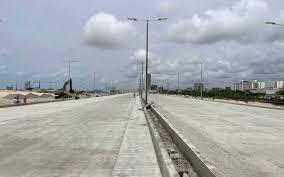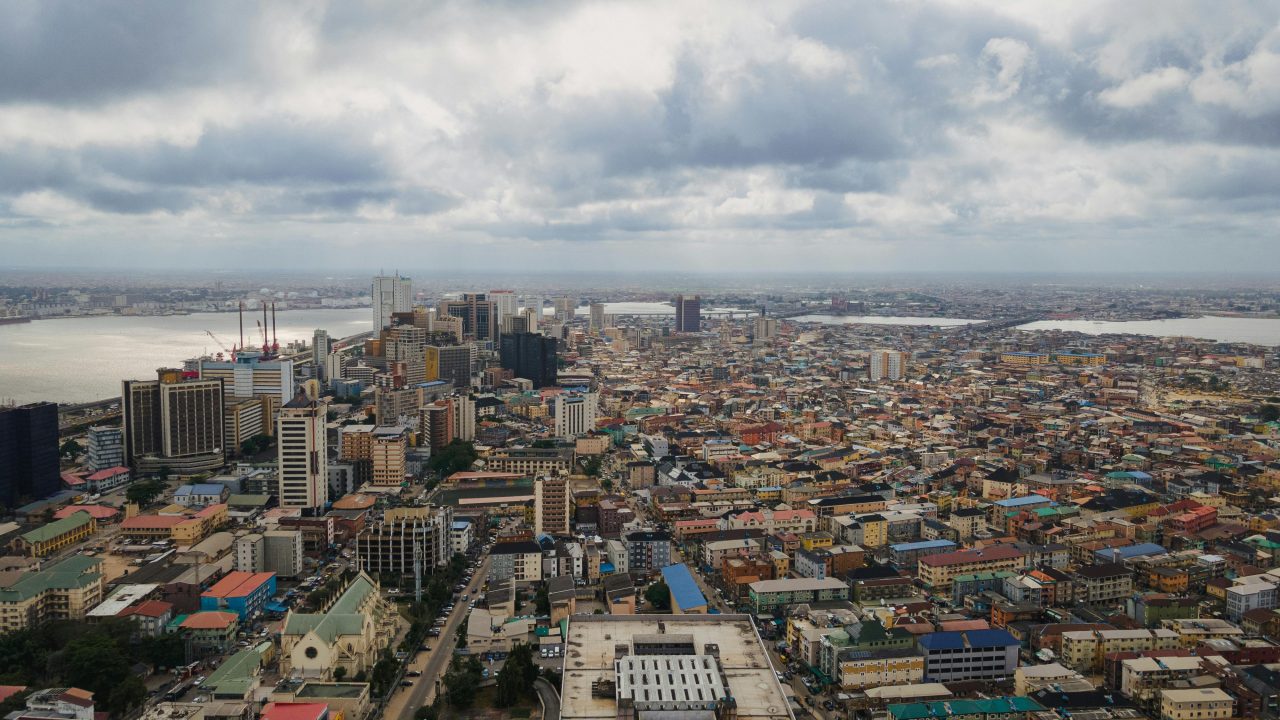Inside Nigeria’s rapid property surge and why investors should take notice.
Nigeria’s real estate sector is no longer flying under the radar. What was once seen as an underdeveloped frontier is now being recognized as one of the continent’s most dynamic markets. The sector is projected to grow at a compound annual growth rate, CAGR, of 7.52 percent to $3.02 trillion between 2024 and 2028.
In early 2024, the sector outperformed crude oil in terms of GDP contribution, signaling a dramatic shift in the country’s economic landscape. With a growing population edging past 220 million, critical housing shortfall, ambitious infrastructure projects, inflation, regulatory shifts, and private and diaspora investments are combining to reshape what’s possible in Nigeria’s property sector.
Infrastructure Is Getting a US $2.7 Trillion Upgrade

Nigeria’s National Development Plan (2021–2025) recently allocated US $2.7 trillion for infrastructure projects. The 700km coastal highway stretching from Lagos to Calabar is just one example of the infrastructure projects to connect regions and stimulate economic zones. Inland dry ports, rail expansions, and port projects are not only reducing transport costs but also opening new corridors for industrial, residential, and commercial hubs.
The Power of the Diaspora
Nigeria’s diaspora continues to be one of the country’s strongest financial lifelines. In 2024, Nigeria’s diaspora remittances totaled $20.93 billion, representing an 8.9% increase from the previous year. Nigerians living abroad have sent home billions of dollars. Many are now channeling those funds into real estate, helping to finance property development in cities like Lagos, Abuja, and Portharcourt.
Cities Are Swelling, and So Is Demand
The African Union estimates that more than 60% of Africans will live in cities by 2050. In Nigeria, Lagos alone is home to over 20 million people. Abuja and Port Harcourt are also absorbing hundreds of thousands of newcomers every year. As people migrate in search of more opportunities, Lagos is becoming Nigeria’s epicenter of city growth.
The migration is intensifying the demand for homes, offices, and logistics space by the day. To keep up, Nigeria needs at least 550,000 new homes annually for the next ten years. While countries like South Africa, Kenya, and Egypt face similar challenges, Nigeria’s scale puts it in a category of its own.
This gap presents both a development challenge and an investment opportunity.
What does this mean for Nigeria’s Luxury Real Estate Segment?
The wealth report by Knight Frank estimates that the number of wealthy individuals in Africa defined as those with a net worth of at least $10 million — will rise by 17.8% come 2028. In Nigeria, constrained prime land in Ikoyi, Victoria Island, and Banana Island, plus surging construction costs are creating a scarcity premium. Diaspora remittances are increasing (US $21 bn in 2024), funding for luxury projects, providing developers with quasi-dollar funding, and investors with instant FX hedge purchases in prime cities like Lagos.
Leases are increasingly dollar-denominated, with four-bed homes in Lagos commanding about US $5,000 a month and gross yields of 4 – 6%. These affluent buyers are also redefining what luxury looks like. For example, demand for branded and serviced residences with energy-efficient systems like the Paramount Twin Towers is on the rise. This commands faster leases, stronger capital appreciation, and higher rental returns than conventional condos, giving investors liquidity as well as long-term growth.
Where Nigeria Stands — and Where It’s Going
Compared to other major African economies, Nigeria offers something rare: rapid urban growth, high unmet demand, and an environment that is becoming more open to investments.
For global investors, Nigeria presents a rare mix of hard-asset investments that hedge against inflation while fueling national development. For diaspora families, real estate offers a way to build a legacy while planning for retirement. And for developers and startups, the sector is ripe for innovation — from building technologies to housing-finance models that reach more people.
But Keep an Eye on the Risks
Economic volatility, project execution gaps, and inconsistent policy rollouts remain real concerns. Inflation and foreign exchange fluctuations can make financing tricky. Mega-projects need consistent follow-through to deliver promised value. And regulatory momentum must continue if trust is to deepen.
Still, these risks don’t cancel out the potential. With the right investments and inclusive policies, Nigeria could become not just Africa’s biggest real estate market, but its most transformative.



One comment
Pingback: Understanding Real Estate Title Documents in Nigeria
Comments are closed.